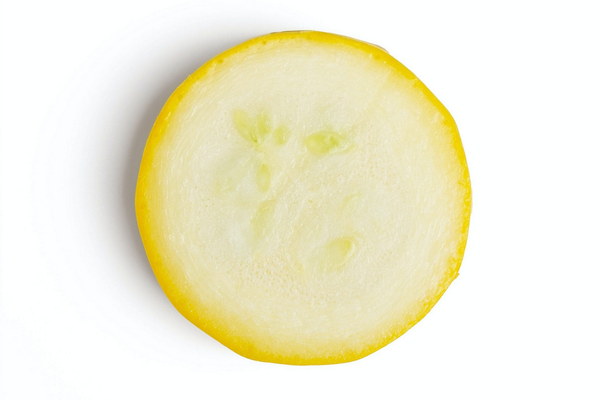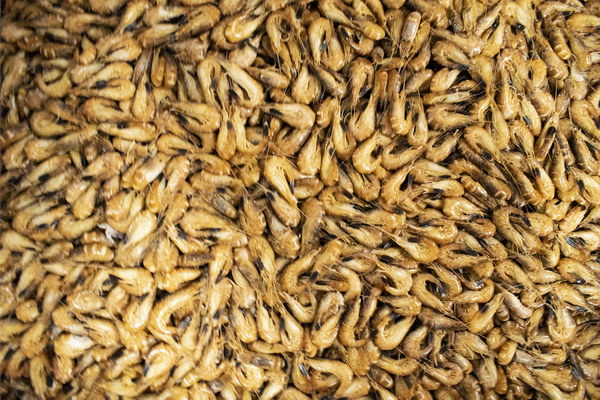Revitalizing Your Lungs Discover the Healing Power of LungNurturing Herbs
In the quest for a healthier respiratory system, many turn to natural remedies to support lung health. Among the vast array of herbs and plants, certain ones have been traditionally recognized for their lung-nurturing properties. Here, we delve into the fascinating world of lung-supporting herbs and explore how they can help you breathe easier and maintain a robust pulmonary system.
The Power of Lung-Nurturing Herbs
1. Elderberry (Sambucus nigra)
Elderberry is a well-known immune-boosting herb that has been used for centuries to support respiratory health. Its high content of flavonoids, particularly anthocyanins, is believed to reduce inflammation and enhance the immune system's ability to fight off infections that affect the lungs.
2. Peppermint (Mentha × piperita)
Peppermint is not only a refreshing herb for digestion but also a valuable aid for the respiratory system. It contains menthol, which can help to dilate airways and reduce inflammation, thereby easing breathing for those with conditions like asthma or chronic bronchitis.
3. Thyme (Thymus vulgaris)
Thyme is a flavorful herb that also packs a punch in the lung support department. It contains thymol, which has been shown to have antibacterial and antiviral properties, making it useful for treating respiratory infections and supporting overall lung health.
4. Licorice Root (Glycyrrhiza uralensis)
Licorice root has a sweet taste and has been used in traditional Chinese medicine to support the respiratory system. It has anti-inflammatory properties and can help to soothe the throat and lungs, making it beneficial for conditions like coughs and bronchitis.
5. Elecampane (Inula helenium)
Elecampane is another herb that has been traditionally used to support lung health. It contains inulin and other compounds that can help to thin mucus, making it easier to expel from the lungs. It is often used to treat chronic bronchitis and other respiratory conditions.
6. Mullein (Verbascum thapsus)
Mullein is a versatile herb that can be used both internally and externally to support lung health. Its leaves contain mucilage, which can help to soothe and protect the respiratory tract. Mullein is often used to treat bronchitis, coughs, and asthma.
How to Use Lung-Nurturing Herbs
- Teas: Brew a cup of tea using fresh or dried herbs to enjoy their benefits. For example, a combination of thyme and peppermint can provide a soothing respiratory blend.
- Infusions: Soak herbs in hot water for several hours to extract their beneficial compounds. This method is particularly useful for herbs like licorice root and elecampane.
- Tinctures: Tinctures are concentrated liquid extracts that can be taken in small doses. They are an easy way to incorporate lung-supporting herbs into your daily routine.
- Supplements: Some lung-nurturing herbs are available as supplements in capsule form, offering a convenient way to receive their benefits.

Precautions and Considerations
While lung-nurturing herbs can be beneficial for respiratory health, it is important to use them responsibly. Here are a few precautions to consider:
- Consultation: Before starting any new herbal regimen, especially if you have existing health conditions or are taking medication, consult with a healthcare professional.
- Quality: Ensure that the herbs you are using are of high quality and free from contaminants.
- Allergies: If you have known allergies to certain herbs, avoid using them or consult with a healthcare provider for guidance.
By incorporating lung-nurturing herbs into your wellness routine, you can support your respiratory system and enjoy a healthier, more comfortable breathing experience. Remember that natural remedies should complement, not replace, conventional medical treatments.









